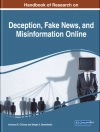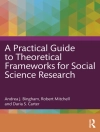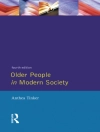Should people with deeply held objections to certain practices be allowed to opt out of involvement with them? Should a Christian baker who objects to homosexuality be allowed to deny service to a customer seeking a cake for a gay wedding? Should a Catholic nurse be able to refuse to contribute to the provision of abortions without losing her job? The law increasingly answers no to such questions. But David Oderberg argues that this is a mistake. He contends that in such cases, opting out should be understood as part of a right of dissociation – and that this right needs better legal protection than it now enjoys.
Об авторе
David S. Oderberg is Professor of Philosophy at the University of Reading. He completed his doctorate at Wolfson College, Oxford, and became Lecturer in Philosophy at Reading in 1992. He has written four books and edited or co-edited five others, as well as being the author of over sixty papers. His main research areas are metaphysics and ethics, but he also works in philosophy of religion, philosophy of science, and other areas. In 2013 he delivered the Hourani Lectures in Ethics at the State University of New York, Buffalo, and in 2003 was a Visiting Scholar at the Social Philosophy and Policy Center, Bowling Green, Ohio. Professor Oderberg is a Senior Fellow of the Higher Education Academy, and in 2016 was named, by a major US website for prospective college applicants, as one of the fifty most influential living philosophers.












